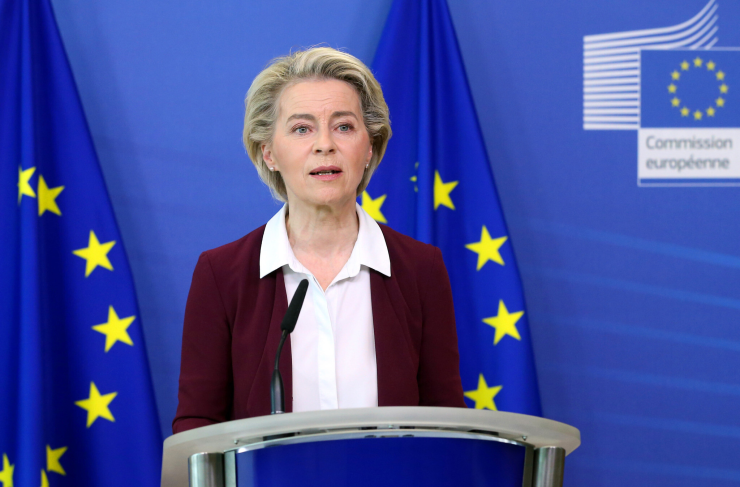
The initiative, first announced earlier this year, will initially focus on two strategic axes of the Trans-European Transport Network (TEN-T): the North Sea–Baltic route and the Scandinavian–Mediterranean corridor.
The aim is to create seamless, zero-emission freight corridors by 2030, underpinned by coordinated investment in charging stations, faster permitting and grid expansion.
Nine countries – Belgium, Denmark, Germany, Lithuania, Malta, the Netherlands, Austria, Poland and Sweden – signed a ministerial declaration committing to the rollout. “We, the undersigned ministers responsible for transport and infrastructure policy from nine European Union (EU) countries […] hereby adopt this ministerial declaration to advance the transition to zero-emission freight transport along the TEN-T network,” the document stated.
The European Commission said the corridors would not only involve technical deployment of charging stations but also harmonised procedures and policy support. The Renewable Energy Directive already allows fast-tracked approval for certain renewable projects, and the Commission intends to extend this priority status to corridor-related grid developments. Officials also pledged to simplify permitting for charging stations for heavy-duty vehicles, often delayed by complex local rules.